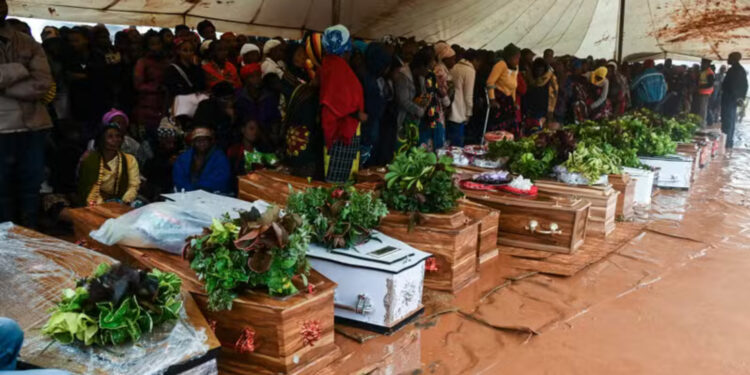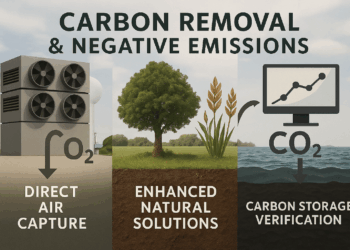Sub-Saharan Africa is at the frontline of a crisis it did little to create. While contributing less than 4% of global greenhouse gas emissions, this region suffers disproportionately from the catastrophic consequences of climate change. For millions of people living in poverty across sub-Saharan Africa, climate change is not a distant threat—it is a daily reality that undermines livelihoods, deepens hunger, and erodes hopes for a better future.
From prolonged droughts to devastating floods, extreme weather patterns are becoming more frequent and intense. The African continent’s reliance on agriculture, which employs over 60% of its population, makes it particularly vulnerable to climate shocks. Countries like Somalia, Ethiopia, and Kenya have faced recurring droughts that kill livestock, decimate crops, and displace entire communities. The recent drought in the Horn of Africa was the worst in 40 years, leaving over 20 million people at risk of starvation. In other areas, like Mozambique and Malawi, cyclones and floods have wiped out homes, schools, and infrastructure, reversing decades of development progress.
Such climate-related catastrophes exacerbate existing inequalities and poverty. Water scarcity forces women and children to walk miles for water, reducing time for education and economic activities. Rising temperatures have led to the spread of diseases like malaria and cholera, further burdening weak healthcare systems. In the Sahel region, dwindling resources are intensifying conflict as communities compete for arable land and water. Tragically, those least equipped to respond to climate shocks—smallholder farmers, herders, and marginalized groups—are the ones most affected.
The injustice is stark: sub-Saharan Africa is paying the price for a crisis fueled primarily by the industrialized world. For decades, rich nations in Europe, North America, and Asia have driven emissions through industrialization, deforestation, and unsustainable consumption. Meanwhile, Africa’s carbon footprint remains minimal. A person in the United States, for instance, emits 15 times more CO₂ annually than someone in most African nations. Yet it is the poorest communities in Africa who are forced to bear the brunt of climate-induced disasters.
Rich countries have an ethical and practical responsibility to act. First, they must honor financial commitments to support climate adaptation and mitigation in vulnerable nations. At the 2009 UN Climate Conference, developed nations pledged $100 billion annually to help poorer countries cope with climate change—a promise that remains unmet. Providing these funds is not charity; it is justice. Investments in resilient agriculture, renewable energy, and water management can protect livelihoods while creating economic opportunities.
Second, there must be technology transfers to support Africa’s transition to clean energy. Sub-Saharan Africa has immense potential for solar, wind, and hydropower, yet it faces technological and financial barriers. Rich nations must provide access to affordable green technologies to empower African countries to leapfrog toward sustainable development without increasing emissions.
Lastly, collective global action is essential to reduce emissions. Rich nations must lead by example and significantly cut their carbon output while pressuring global industries to adopt sustainable practices. Without this commitment, the climate crisis will only worsen, deepening poverty and inequality in sub-Saharan Africa and beyond.
Climate change is the defining challenge of our time. It requires solidarity, urgency, and fairness. Africa cannot face this crisis alone. The rich nations that profited most from industrialization must now take responsibility and act—not tomorrow, but today. Only then can we build a world where no one is left behind.








